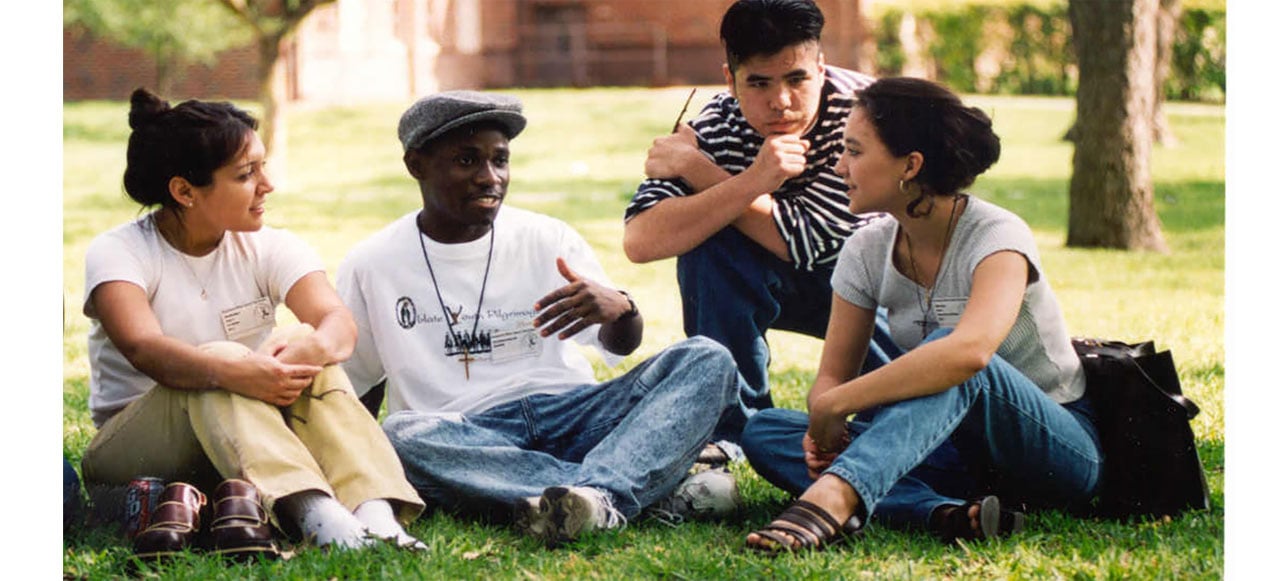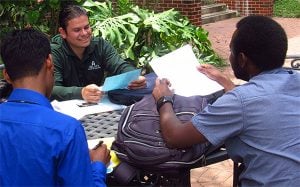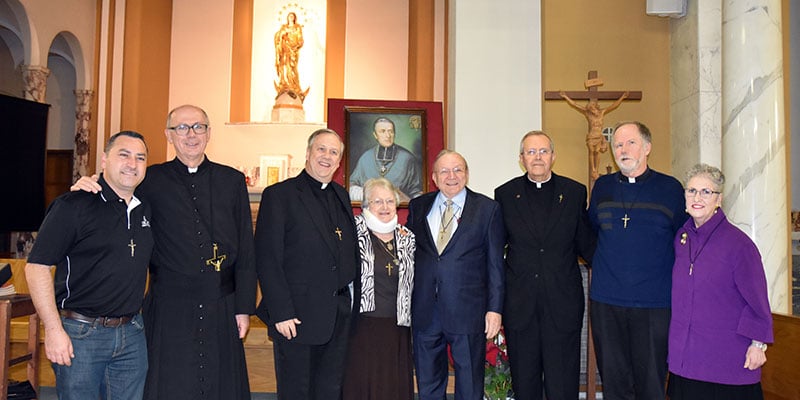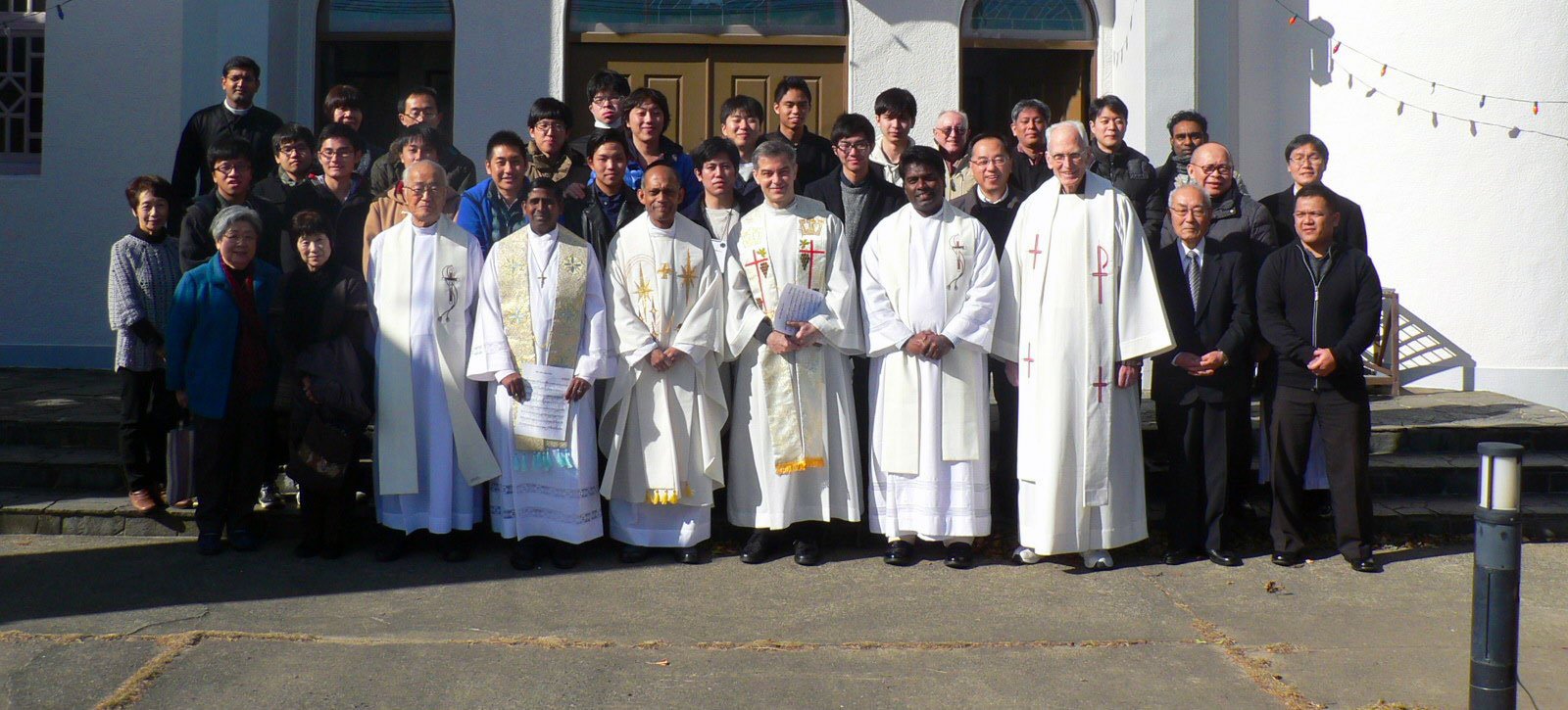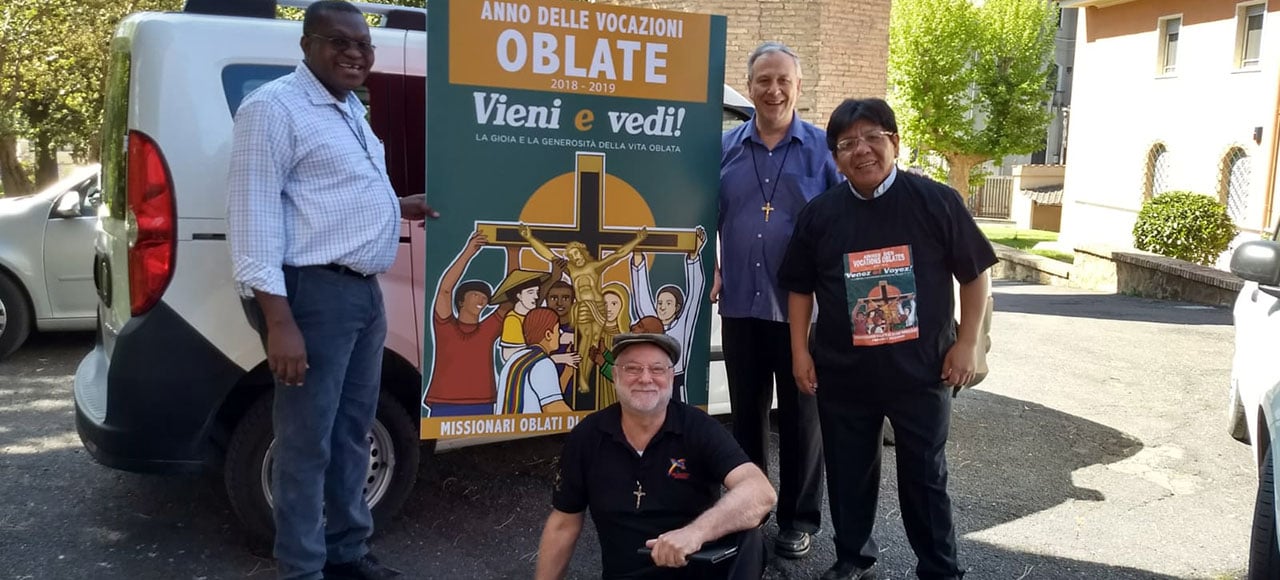The bicentenary of our founding ended on a very positive note on 25 January 2017 in Rome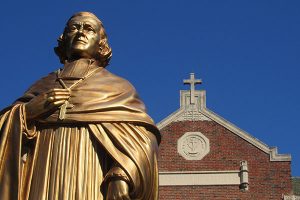
Six months later, in August 2017, the first online course was offered: “Eugene de Mazenod, History, Spirituality and Mission.” Eighteen Oblate and Oblate Associate students enrolled in the course from their respective Oblate Units in Canada, France, Italy, Sahara, the United Kingdom and the United States. This online course is offered every two weeks in English.

Preparations are happening now for a new academic year, beginning in August 2018, in which two courses will be offered. The first is a repeat of the one-year Eugene de Mazenod course (every two weeks from August 2018 until April 2019.) The second is a new course: “Mazenodian Spirituality.” It will be offered online weekly from August to November 2018.
Fr. Frank SANTUCCI, the Kusenberger Professor of Oblate Studies, states: “At this stage, the teaching is done in English but I dream of Spanish and French in the future, once suitably qualified teachers are identified and trained. There are some scholarships available for Oblates from around the world. For me, personally, this is a dream come true, thanks to the generosity of Bob and Ruth Kusenberger – a dream that comprises the longing to see a large team of charism animators being trained throughout our Mazenodian world.”
For more details see https://ost.edu/oblate-studies/
